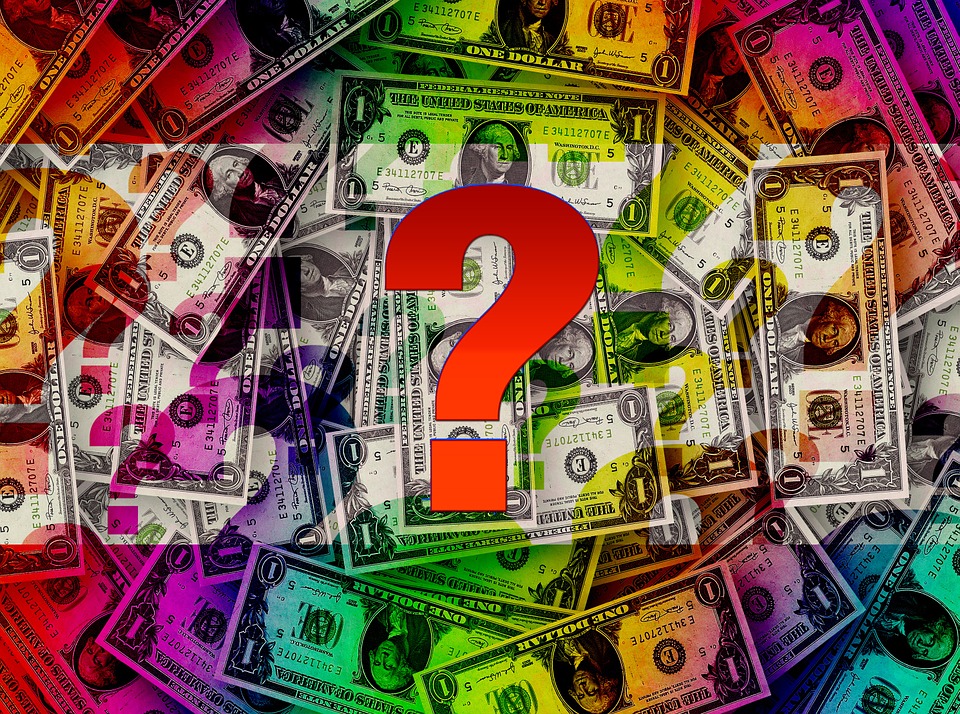Giving and Keeping
Jul 27, 2008How should people allocate their assets – however modest or grand – ethically and effectively?

Money makes the world go around. But what sort of thing is money? Bits of paper and metal? An elaborate set of IOUs to be redeemed with more IOUs? An abstract accounting tool? If money is real, how can billions disappear on the stock market? And where does it go? Ken and John follow the money – its nature, its utility, and whether it is the root of all evil – with Stanford Economist Alex Gould.
There’s a lot of bad stuff in the world—war, famine, plague, Mondays, and just about everything else. It seems like a number of today’s problems have one thing at their source—money. Financial inequities, corruption and greed seem to be at the heart of so many problems in the world that surely, money is the root of all evil. But what is money anyway?
In this episode, John and Ken try to figure out exactly what money is and why it seems to be such a bad thing sometimes. Easier said than done, though. John begins with a curious thought—maybe money is just paper. But surely that’s not right. Money isn’t something you can eat, smoke or enjoy by itself, so it doesn’t seem to have any intrinsic worth. Yet, it has tremendous functional, or instrumental value. It can also be used as a measure of value and a system of units. At least at one time, money was directly redeemable for gold and silver by the federal government, but this is no longer the case. Is what makes money useful the promise that it can be exchanged for something else of value? Or is it that the government requires that money be used rather than other media of exchange? Can it be that our entire economic system stems from a government-enforced illusion that money is valuable? At what point does that illusion become the real thing?
John and Ken are joined by Alex Gould, a Stanford Economist. What does he think? Getting straight to business, he points out that money does quite a bit for us, and is obviously worth something. But then again, isn’t our massive system of IOUs only as good as its debtors? If it is, we must have good debtors, because money can be seen as our greatest invention yet. What are the alternatives? The obvious one is the barter economy, but this only works so long as people’s needs match up at all of the right times. From this perspective, money seems like a pretty keen idea. But because the government is the source of money’s legitimacy, we need to trust that the government will act responsibly. Is this too unrealistic?
Money might not be so evil after all. It’s given us some terrible things, but it’s also the source of progress and growth. Alex points out that maybe money doesn’t corrupt people, but that people corrupt money. After all, money has so much utility and potential for a positive impact on the world—surely it’s the people that use it that are the source of evil. From here, our three cogitators move on to other riddles and concerns about the nature of money. What are the differences between wealth and money? How does human irrationality tie into the risks inherent to dealing with money? How should the US handle it’s rising economic competition on the world stage?